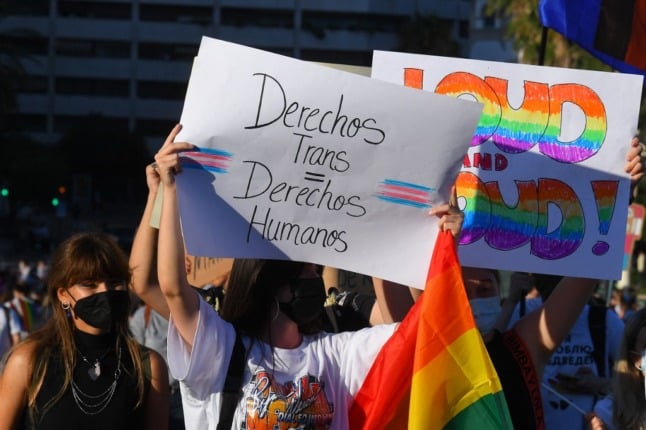“L'Oreal champions diversity,” the beauty brand said on Twitter. “Comments by Munroe Bergdorf are at odds with our values and so we have decided to end our partnership with her”.
L'Oreal had tapped Bergdorf — a 29-year-old model, DJ and trans activist whose father is Jamaican — as one of the five newest faces of its #allworthit campaign to introduce the five new shades of its True Match face makeup.
The foundation make-up boasts 28 unique shades ranging from very light to dark brown in a bid to match the myriad different skin tones and textures of people worldwide.
According to British Vogue, Bergdorf was the first transgender woman to be featured in a L'Oreal Paris UK campaign.
But controversy erupted when Bergdorf took to Facebook in a now-deleted post to react to events in the US city of Charlottesville, where a woman was killed on August 12th after an avowed white supremacist rammed his car into a group of anti-racism counter-protesters.
“Honestly I don't have energy to talk about the racial violence of white people any more. Yes ALL white people,” Bergdorf wrote, according to copies posted in British media.
“Once white people begin to admit that their race is the most violent and oppressive force of nature on Earth… then we can talk,” the model reportedly wrote.
L'Oreal told British media it “remains committed to celebrating diversity and breaking down barriers in beauty”.
READ ALSO: Charlie Hebdo shocks (once again) with cover portraying Hurricane Harvey victims as neo-Nazis



 Please whitelist us to continue reading.
Please whitelist us to continue reading.